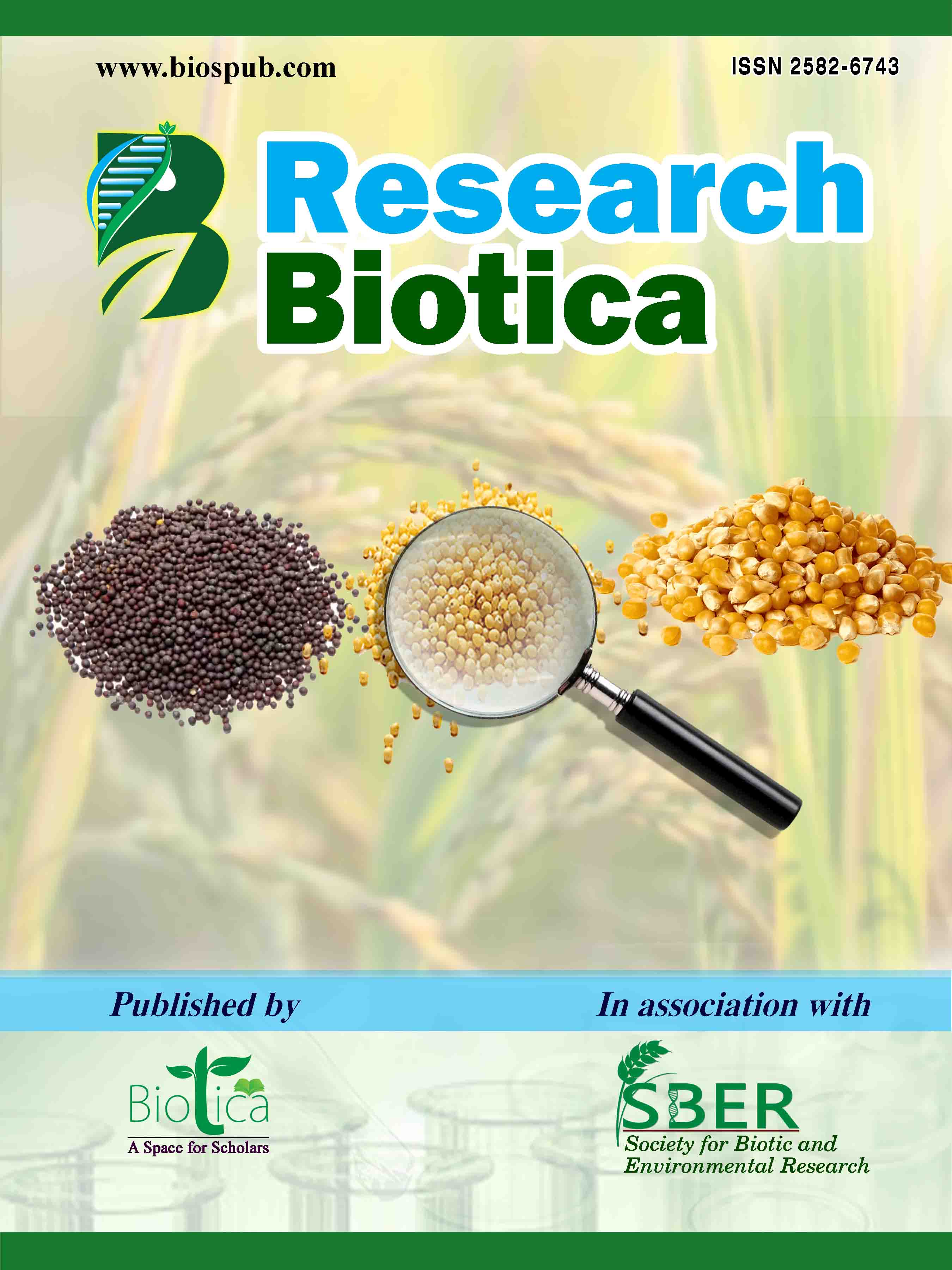Can India Become Self-Sufficient in Pulses?
Keywords:
Pulses, Population, Biological, CultivationAbstract
Pulses are important components of sustainable crop-production system in the world, because of their capability to fix biological nitrogen, low water requirement as well as capacity to withstand abnormal weather conditions. In combination with cereals, pulses provide a perfect mix of vegetarian protein of high biological value. It is a staple food to poor as well as vegetarian population of India; still pluses in India were not a first choice for the farmers for cultivation. From the few years demand of pulses was increasing which cause the gap between production and consumption, this rise in gap is increasing every year due to increasing population as well as consumption. Indian population approximately required 32.0 million tones which will increase to 1.69 billion tones by 2050. To achieve the demand, an annual growth rate of 2.2% was required but the demand of pluses also continues to grow at 2.8% per annum. The objective of this article is to focus on the present scenario in India and related constrain in pulses production.









 |
|